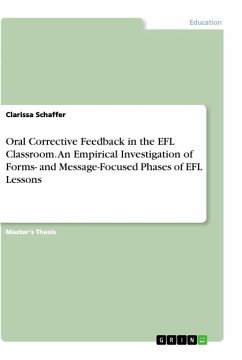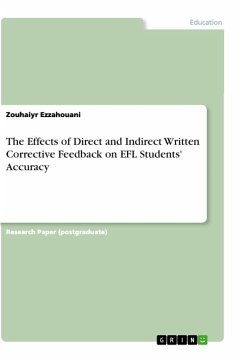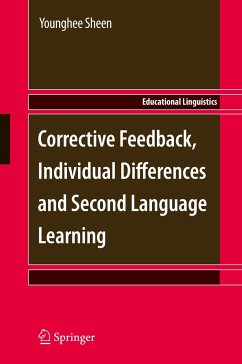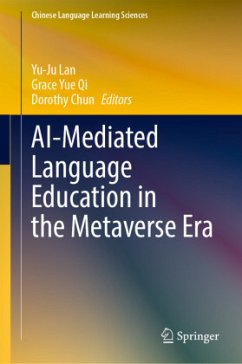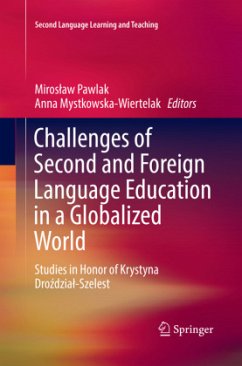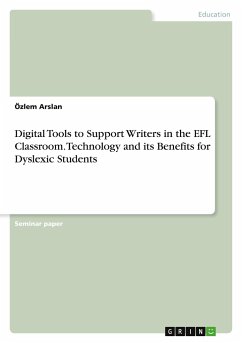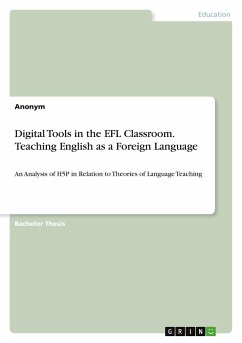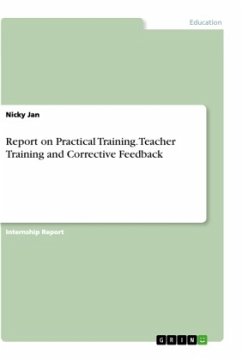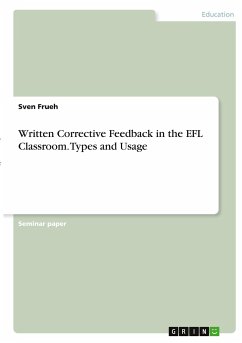
Written Corrective Feedback in the EFL Classroom. Types and Usage

PAYBACK Punkte
0 °P sammeln!
Seminar paper from the year 2020 in the subject Didactics - English - Miscellaneous, grade: 1, , language: English, abstract: This paper explores the types and the effects of written corrective feedback in the EFL classroom. Moreover, illuminative examples of written CF will be presented and discussed based on the findings. The examples are taken from a corpus of a variety of texts written by EFL students attending a pre-vocational school in Austria. Corrective feedback (CF), hence, the way educators provide feedback on the second language (L2) learners' errors in hopes of helping them improve...
Seminar paper from the year 2020 in the subject Didactics - English - Miscellaneous, grade: 1, , language: English, abstract: This paper explores the types and the effects of written corrective feedback in the EFL classroom. Moreover, illuminative examples of written CF will be presented and discussed based on the findings. The examples are taken from a corpus of a variety of texts written by EFL students attending a pre-vocational school in Austria. Corrective feedback (CF), hence, the way educators provide feedback on the second language (L2) learners' errors in hopes of helping them improve their accuracy, has been a highly contested area of research that brings about a phenomenal level of interest from both teachers and researchers alike. Regardless of the interest and research into this field, many questions central to L2 development are yet to be answered unequivocally. Therefore, educators around the world still have to rely on experience, intuition, and expectations of students and parents for the production of written corrective feedback. Ellis argues that the biggest hurdle for re-searchers is designing written CF studies that investigate the effectiveness and impact of different types of CF systemically. Nevertheless, identifying and evaluating written CF options is an important element for reasonable decision-making in the L2 classroom.




